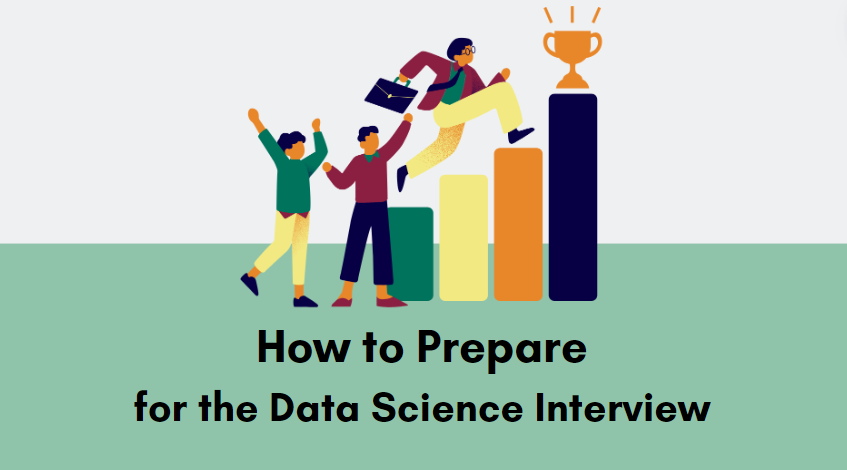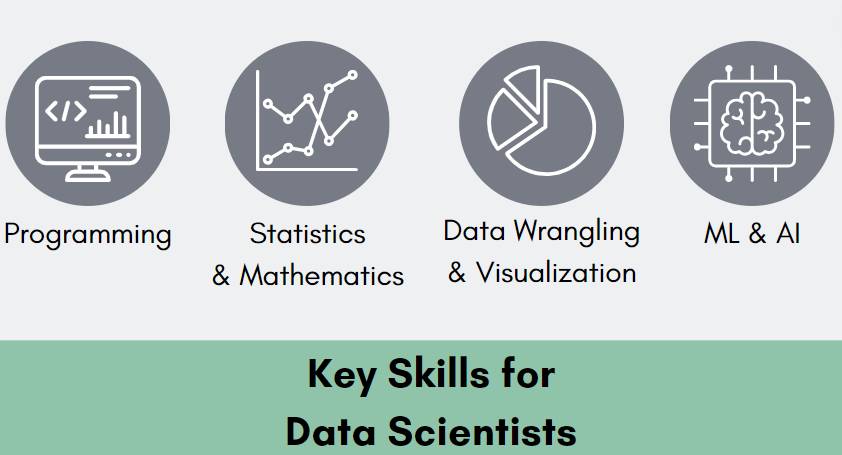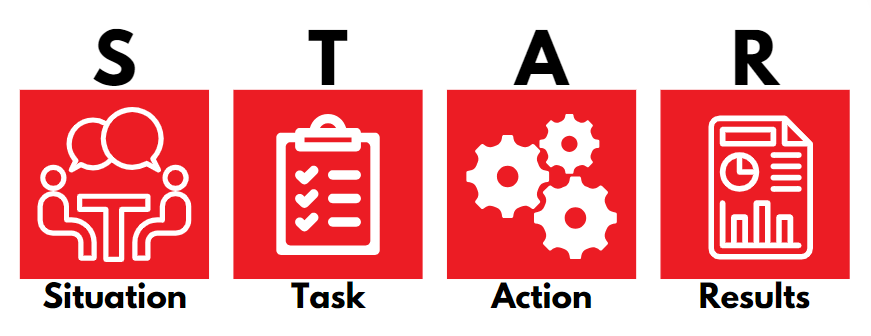


Hey there, data enthusiasts!
So, you've landed an interview for that dream data science role, huh? Congratulations! But wait... before you dive headfirst into the world of algorithms and statistics, let's talk preparation.
In this blog post, we'll walk you through some tried-and-tested tips on how to nail that data science interview like a pro. So grab your favorite beverage, get cozy, and let's get started on this exciting journey together!
Before we dive into the world of data science interviews, it's important to understand the ins and outs of the interview process itself.
Interviews can be multifaceted experiences, encompassing various stages and formats designed to evaluate your skills and suitability for the role. From demonstrating technical prowess to showcasing your problem-solving abilities and cultural fit, each aspect plays a crucial role in determining your success.
Here are the key components of the data science interview process:
Alright, let's talk tech skills—the bread and butter of the data science world. Think Python, R, and all those cool data manipulation tools (❤️SQL❤️). This section is your guide to leveling up your technical game, so you can breeze through those coding challenges and impress your interviewers.
So, you've got your foot in the door for that data science interview—congrats! But before you dive headfirst into the process, let's talk about the essential skills you'll need to rock it. Here's a rundown of what employers are looking for:

Practice, Practice, Practice. Online platforms like LeetCode, HackerRank, and DataLemur offer a plethora of practice questions to sharpen problem-solving abilities.
Not sure which online platform to use? Read this DataLemur vs. Leetcode guide to see what best suits your needs.
So, grab your laptop, fire up some tutorials, and let's get those tech skills in tip-top shape.
Picture this: you're handed a real-world problem and tasked with cracking it using your data skills. Sounds exciting, right? But before you jump in, let's lay down the groundwork for how to approach these challenges like a pro.
Practice a case study at least once or twice before your actual interview. Take the time to prepare, but also to score yourself afterwards. Unless you're critical on yourself, you'll never figure out how to improve!
Here's a good place to start practicing with this Instacart SQL Data Analytics Case Study!
Alright, let's shift gears and talk about behavioral interviews—where it's not just about what you know, but who you are. These interviews dive into your past experiences, behaviors, and how you handle situations. Here's how to get ready:

By taking the time to reflect on your experiences, craft compelling stories, and practice your delivery, you'll be well-prepared to tackle behavioral interviews with confidence and showcase your suitability for the role. Let's dive in and get you ready to shine!
Read this Data Science Behavioral Interview Questions & Answers Guide to help you prepare!
The job market in the past few years has been TOUGH. It feels like everyone is hiring but nobody is getting jobs all at the same time.
In this highly competitive data science job market, it is important to differentiate yourself from other candidates. One way to stand out is by showcasing your passion for data science through personal projects and a portfolio to highlight your skills and experience.
I highly recommend reading Ace the Data Science Interview. With 201 real data science and data analytics interview questions to practice with, this book is a must-read for those trying to land data jobs at FAANG, tech startups, or on Wall Street.
It also includes job-hunting advice, such as mistakes Data Analysts make on their resume, and ways to build a Data Analytics portfolio project to show recruiters and hiring managers you're a good fit.

Good luck during your interview! Remember to talk slow and think through your answers, you've got this. 💪